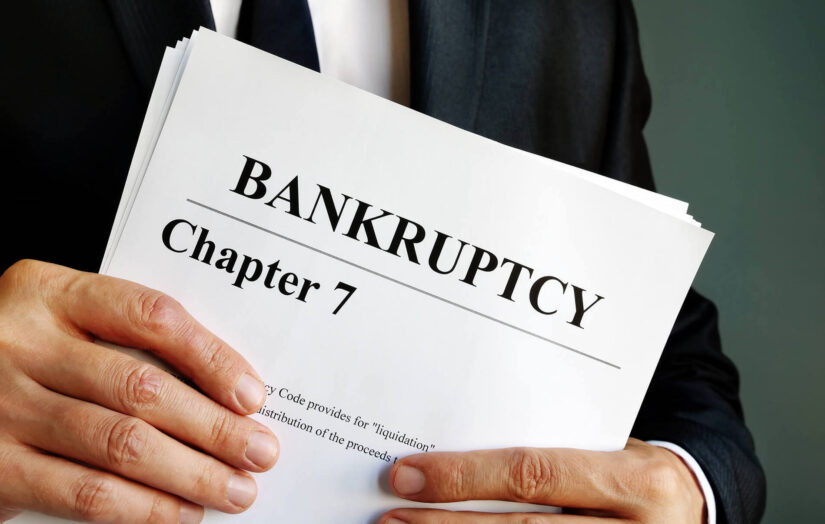Chapter 7 Bankruptcy: What It Is and How It Works
Chapter 7 bankruptcy is a type of bankruptcy that allows individuals to discharge most of their debts. It is also known as liquidation bankruptcy because the bankruptcy trustee will liquidate, or sell, the debtor’s nonexempt assets to pay creditors.
Who Can File for Chapter 7 Bankruptcy?
To file for Chapter 7 bankruptcy, you //www.nikportal.net/ must meet certain income requirements. You must also pass a means test, which is a calculation that compares your income and expenses to determine if you can afford to repay your debts.
What Debts Can Be Discharged in Chapter 7 Bankruptcy?
Most types of debt can be discharged in Chapter 7 bankruptcy, including credit card debt, medical debt, and personal loans. However, there are some types of debt that cannot be discharged, such as student loans, child support, and alimony.
How to File for Chapter 7 Bankruptcy
To file for Chapter 7 bankruptcy, you must file a petition with the bankruptcy court. The petition must include a list of your assets, debts, and income and expenses. You must also file a statement of financial affairs, which is a detailed description of your financial situation.
After you file the petition, the bankruptcy court will appoint a trustee to oversee your case. The trustee will review your financial information and determine which of your assets are exempt and nonexempt. Exempt assets are protected from liquidation, while nonexempt assets can be sold to pay creditors.
The trustee will then hold a meeting of creditors, where your creditors will have the opportunity to ask you questions about your bankruptcy. After the meeting of creditors, the trustee will begin liquidating your nonexempt assets.
Once all of your nonexempt assets have been liquidated, the trustee will distribute the proceeds to your creditors. Any remaining debts that are not paid will be discharged.
Benefits of Chapter 7 Bankruptcy
Chapter 7 bankruptcy can provide a number of benefits to individuals who are struggling with debt, including:
- Debt relief: Chapter 7 bankruptcy can discharge most types of debt, allowing individuals to start fresh financially.
- A stop to collection calls and harassment: Once you file for Chapter 7 bankruptcy, an automatic stay will go into effect, which will stop creditors from contacting you and collecting on your debts.
- Protection of exempt assets: Chapter 7 bankruptcy allows individuals to protect certain assets from liquidation, such as their home, car, and personal belongings.
Drawbacks of Chapter 7 Bankruptcy
There are also some drawbacks to Chapter 7 bankruptcy, including:
- Impact on credit score: Chapter 7 bankruptcy will stay on your credit report for 10 years, which can make it difficult to qualify for loans and other types of credit in the future.
- Liquidation of assets: Chapter 7 bankruptcy requires the liquidation of nonexempt assets, which can mean losing your home, car, or other valuables.
- Difficulty obtaining credit: After filing for Chapter 7 bankruptcy, you may have difficulty obtaining credit in the future. Lenders may be reluctant to lend to you because your credit score will be low and you will have a bankruptcy on your record.
Conclusion
Chapter 7 bankruptcy can be a lifesaver for individuals who are struggling with overwhelming debt. However, it is important to weigh the benefits and drawbacks of Chapter 7 bankruptcy before making a decision. If you are considering filing for Chapter 7 bankruptcy, it is important to talk to a bankruptcy lawyer to discuss your options and get help through the process.










